- Author Antonio Harrison [email protected].
- Public 2023-12-16 07:44.
- Last modified 2025-06-01 05:40.
The story of the life of an outstanding scientist-philosopher and great man Ivan Ivanovich Lapshin. Everyone knows him as an intellectual and a great thinker, but few people know that he was also a good psychologist and art critic.
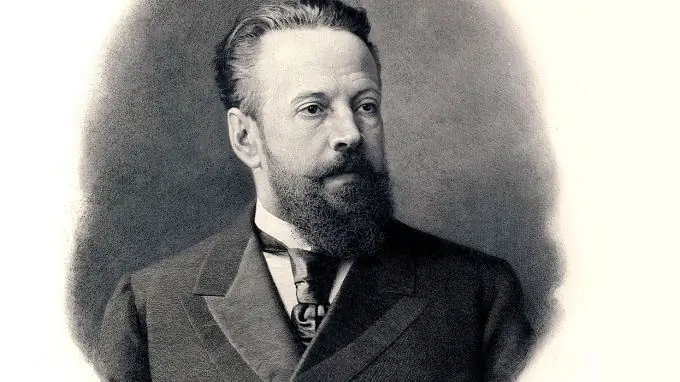
Childhood and youth
Ivan Ivanovich Lapshin was born on October 11 (23), 1870 in the city of St. Petersburg. He was the only child in the family. His father, Ivan Osipovich Lapshin, was married to the Englishwoman Susanna Dionysovna Drouin. She was a music and singing teacher, and her father was a famous orientalist. Thanks to his mother, Lapshin was well versed in music and was a sophisticated connoisseur of art. He also sang well and played the piano. Of course, the fact that Ivan Ivanovich was born and raised in an intelligent family is directly related to his interests and career growth.
In the second half of the 19th century, when spiritualism became fashionable, Lapshin's parents organized a spiritualist circle. Thanks to this idea, in their house frequent guests were: academician A. M. Butlerov, philosophers P. D. Yurkevich, V. S. Soloviev, A. A. Kozlov and others. Such an environment, from an early age, instilled in the boy a love for science, especially for its humanitarian direction.
The greatest influence on little Vanya was exerted by V. S. Soloviev (see photo below). He came to them 2-3 times a month and often brought gifts to the boy: books, collectible stamps, etc. Ivan's workplace was in the hall, not in the nursery, so he was often present during conversations between his father and V. S. Solovyov. And not only was present, but also became a participant in these conversations. The boy liked that V. S. Soloviev talks to him on an equal footing, as with an adult, and explains incomprehensible moments to him. Although sometimes, even with sensible explanations, little Vanya could not grasp the essence of a highly intellectual conversation. At the age of 9, the boy began to write his first poems, and always let V. S. Solovyov, considering his opinion authoritative.
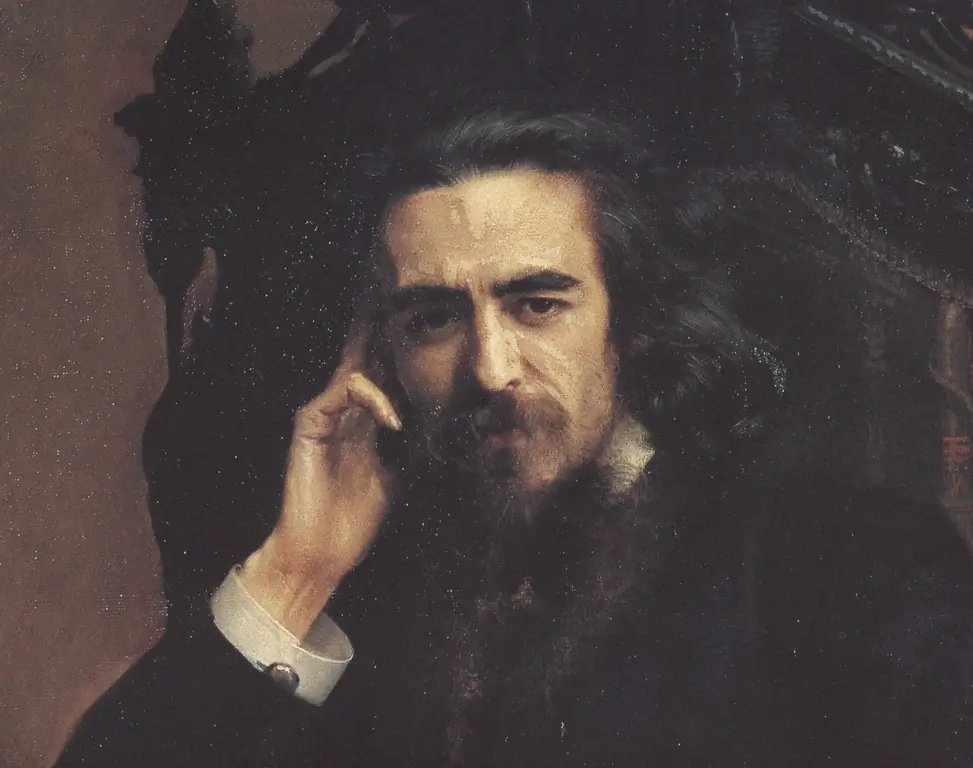
In 1883, Lapshin's father died, and his mother married a second time. The second husband of Susanna Dionisovna was the magistrate Sergei Ivanovich Bogdanov. After the death of his father, V. S. Soloviev stopped coming to visit them. But Ivan Ivanovich's communication with a family friend still continued, he himself often visited him at the hotel.
From 1882 to 1889 Ivan Ivanovich studied at the 8th gymnasium. The training was structured in such a way that all the material was given to students during classes, there were no homework assignments. It was during these years that the two hobbies closest to Lapshin's heart were strengthened: philosophy and music.
Education and career
After graduating from the gymnasium, Ivan Ivanovich (see photo below) enters the university at the Faculty of History and Philology. He was incredibly lucky, because it was during his studies (from 1889 to 1893) that most of the faculty's teachers were at the peak of their teaching and research activities. The impetus for Lapshin's development was Veselovsky's idea that the literary process should be studied in a complex and comprehensive manner. I. I. Lapshin develops this idea in his works on scientific philosophy, the aesthetics of music and literature. He also continues Veselovsky's work on "Historical Poetics" and develops his own theory of creativity.
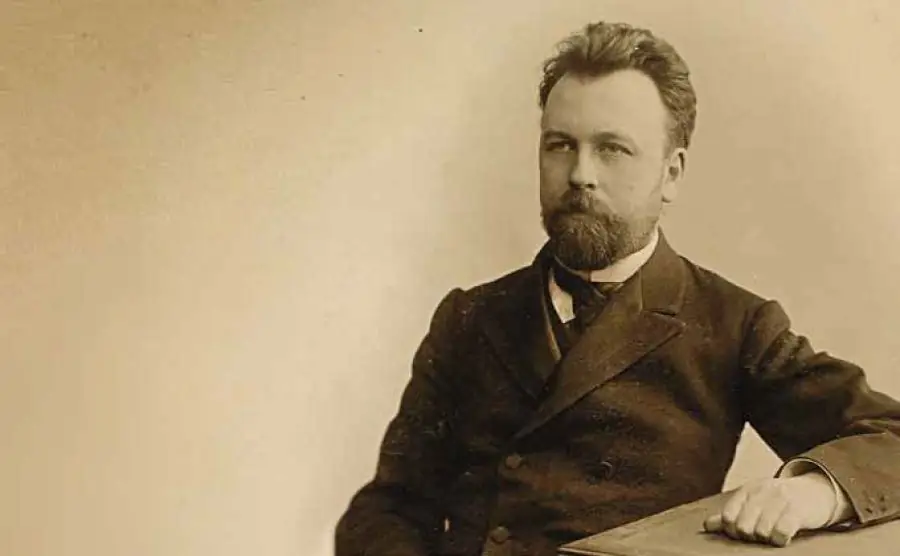
The greatest influence on Ivan Ivanovich's worldview was exerted by his teacher A. I. Vvedensky (see photo below), who taught compulsory subjects - logic, psychology, etc. Under his influence Lapshin became an adherent of Kantian criticism. In 1892, he presented to the department an essay on the topic: "The controversy between Gassendi and Descartes about the" Meditations ". After graduation from the university, on the recommendation of A. I. Vvedensky was left at the department to be presented to a professorship. Then Ivan Ivanovich was sent to England for an internship. In 1896 he published a book by W. James "Foundations of Psychology" in his translation. During his second business trip (1898-1899) he published an article "The Fate of Critical Philosophy in England until 1830". In which he showed himself not only as a talented analyst, but also as an expert on the history of philosophy.
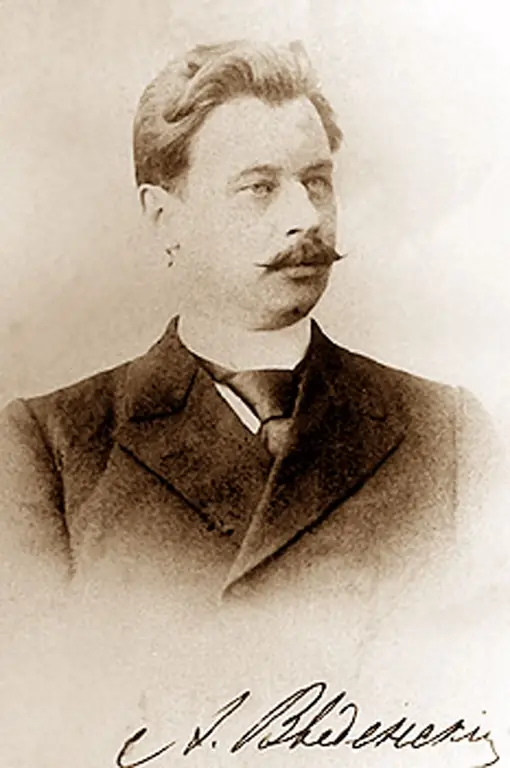
Scientific activity
In 1897, Ivan Ivanovich Lapshin (see photo below) was transferred to the post of assistant professor. He lectured on the history of philosophy, pedagogy and psychology at the university and in other educational institutions (Alexander Lyceum, Commercial Institute, etc.).
From 1897 he was secretary and member of the Council of the Philosophical Society. He was an active participant in it and made reports: "On cowardice in thinking" (1900) and "On mystical knowledge and" universal feeling "(1905). He was also an active member of the Psychological Society at Moscow University. The journal of this society published an article by I. I. Lapshin: "On cowardice in thinking (study in the psychology of metaphysical thinking)" (1900).
Thanks to his vigorous activity, at the beginning of the twentieth century, Ivan Ivanovich became a significant person in the philosophical life of St. Petersburg. Also, this period of his biography is interconnected with the work on the dissertation "The Laws of Thinking and Forms of Cognition", to which he devoted ten whole years of his life.
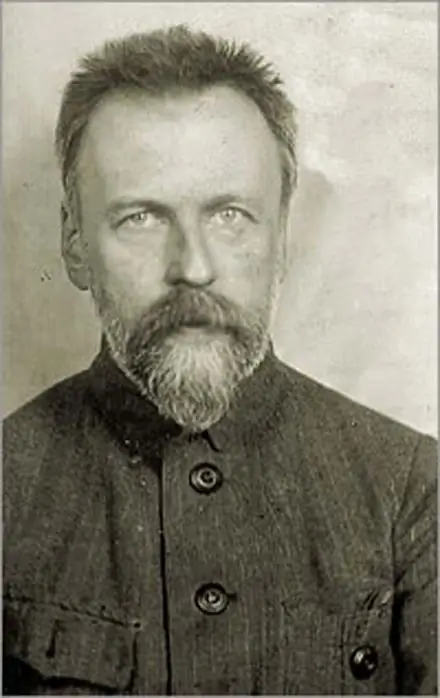
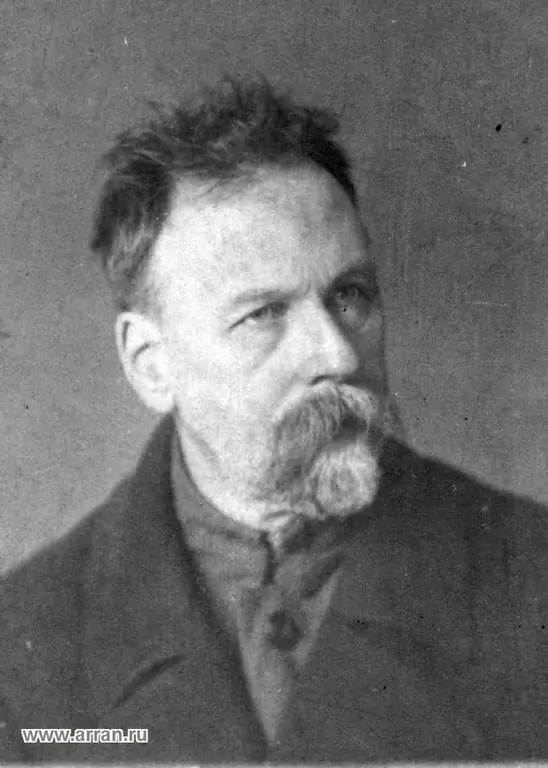
Personal life
The first meeting of I. I. Lapshin with N. I. Zabeloy-Vrubel (see photo below) took place in the spring of 1898 at a meeting with Rimsky-Korsakov. Ivan Ivanovich was fascinated by her talent and beauty for the rest of his life. But since the singer was married to the famous artist M. Vrubel, their relationship was of an exclusively professional character "singer-listener". Nevertheless, I. I. Lapshin was present in the life of Nadezhda Ivanovna both during the heyday of her opera career, and during her personal collapse in 1910, her little son dies, and then her husband M. Vrubel. Until recently, dreamy and captivated by her beauty, Ivan Ivanovich cherishes the hope of being with his muse. But dreams were never condemned to become reality - on the eve of the decisive meeting in 1913, the singer suddenly dies of consumption. But forever remains alive in the heart of the great philosopher as a muse and the embodiment of the greatest femininity.
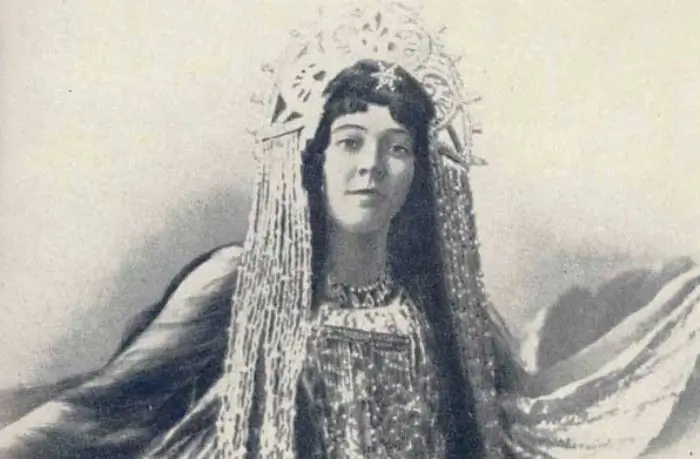
Forced emigration
After the revolution of 1917 and the coming to power of the Bolsheviks, the educational sphere underwent a number of reforms: anyone who was suitable for social status, regardless of education, could enter the university, academic titles were canceled, the system of the defense of dissertations was abolished. In 1921, the philosophy department was disbanded, the pedagogical staff was dismissed, except for A. I. Vvedensky. In 1922 I. I. Lapshin was charged with counter-revolutionary activities under Art. 57 of the Criminal Code with a sentence to expulsion from Russia. In November, the steamer "Prussia" took I. I. Lapshina, N. O. Lossky, L. P. Karsavin and other philosophers (see photo below).
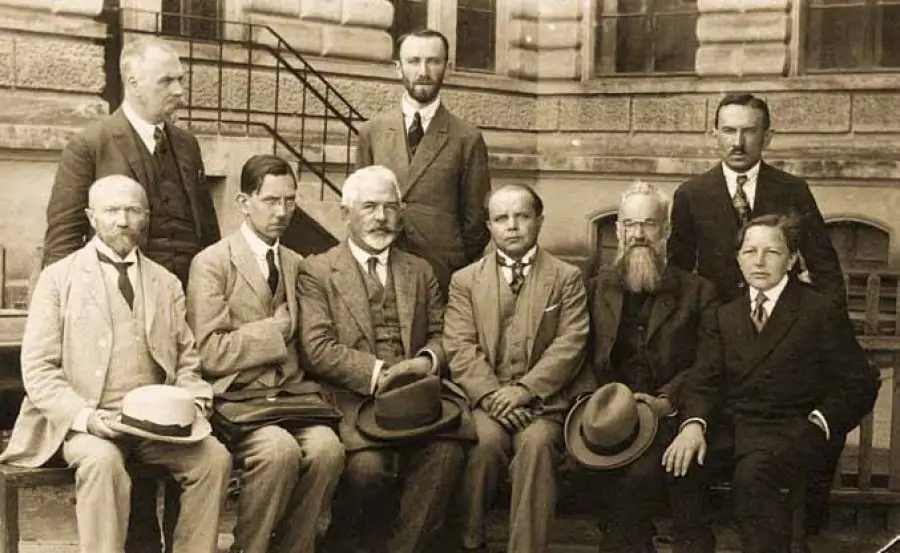
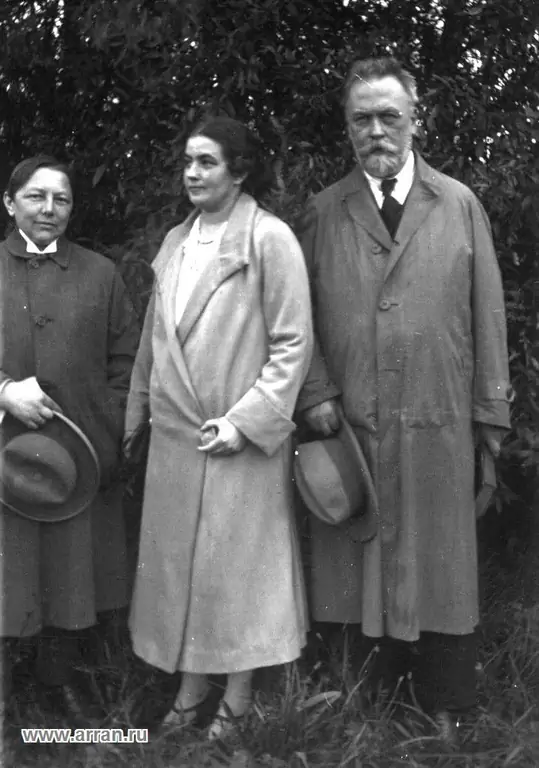
In exile I. I. Lapshin settled first in Berlin, and then moved to Prague. In 1923 he became a professor at the Russian People's University in Prague. Neither expulsion from the Motherland, nor the period of occupation that he experienced in Prague during the Second World War, living without electricity and heating, broke the great scientist. A lot of works and articles were created and published by him during the Prague period. The subjects of the works were music and philosophy. The publications were published not only in Russian, but also in Czech and Italian. Until the end of his days, the philosopher with all his heart wished to return home - to Russia, even made attempts, turning to the Soviet consulate with a request to return his citizenship. But, unfortunately, unsuccessfully - his requests remained unanswered.
In December 1951, Ivan Ivanovich was diagnosed with a terrible diagnosis - heart thrombosis. Not even one year has passed since that moment - on November 17, 1952, he died in Prague at the age of 82. I. I. Lapshin was buried at the Olshansky cemetery in Prague (burial place: 2 mountains -17-268 / 20).
It is difficult to overestimate the contribution of this outstanding scientist to world science.






